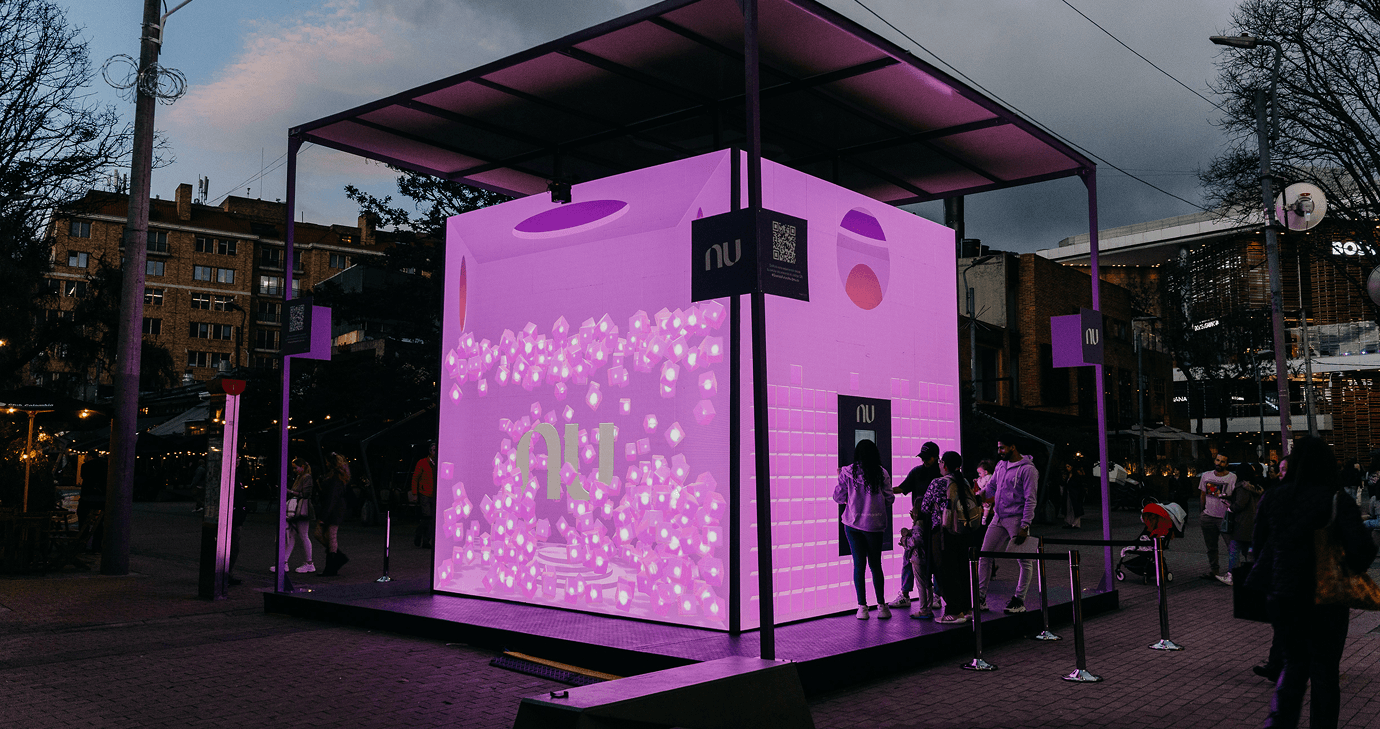With Elongo, we wanted to avoid conventional formats in presenting the data and impact of providing school meals to an estimated 173,000 children. It was all part of the McGovern-Dole Food for Education Programme's efforts to build stronger and more sustainable food systems.

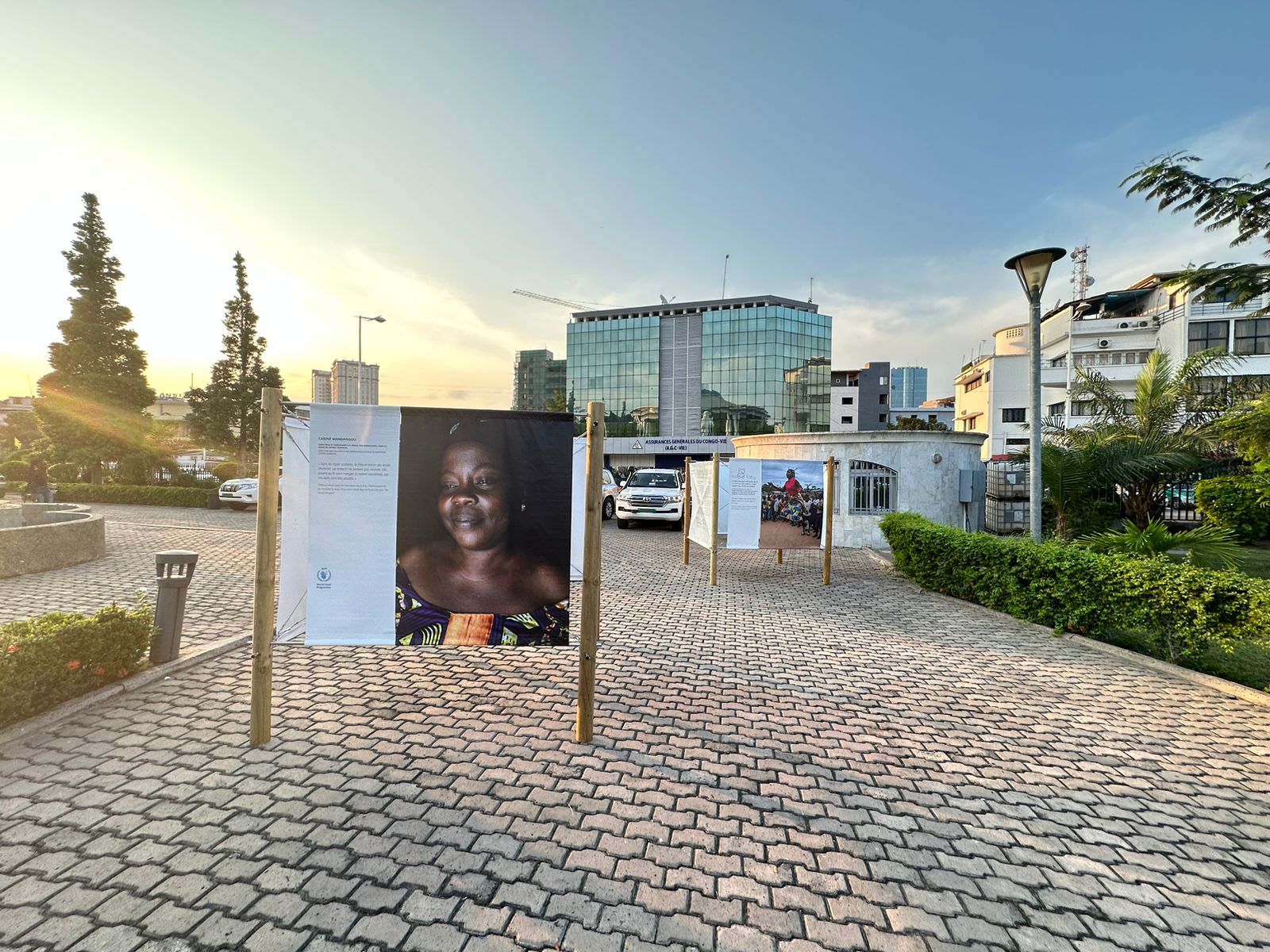
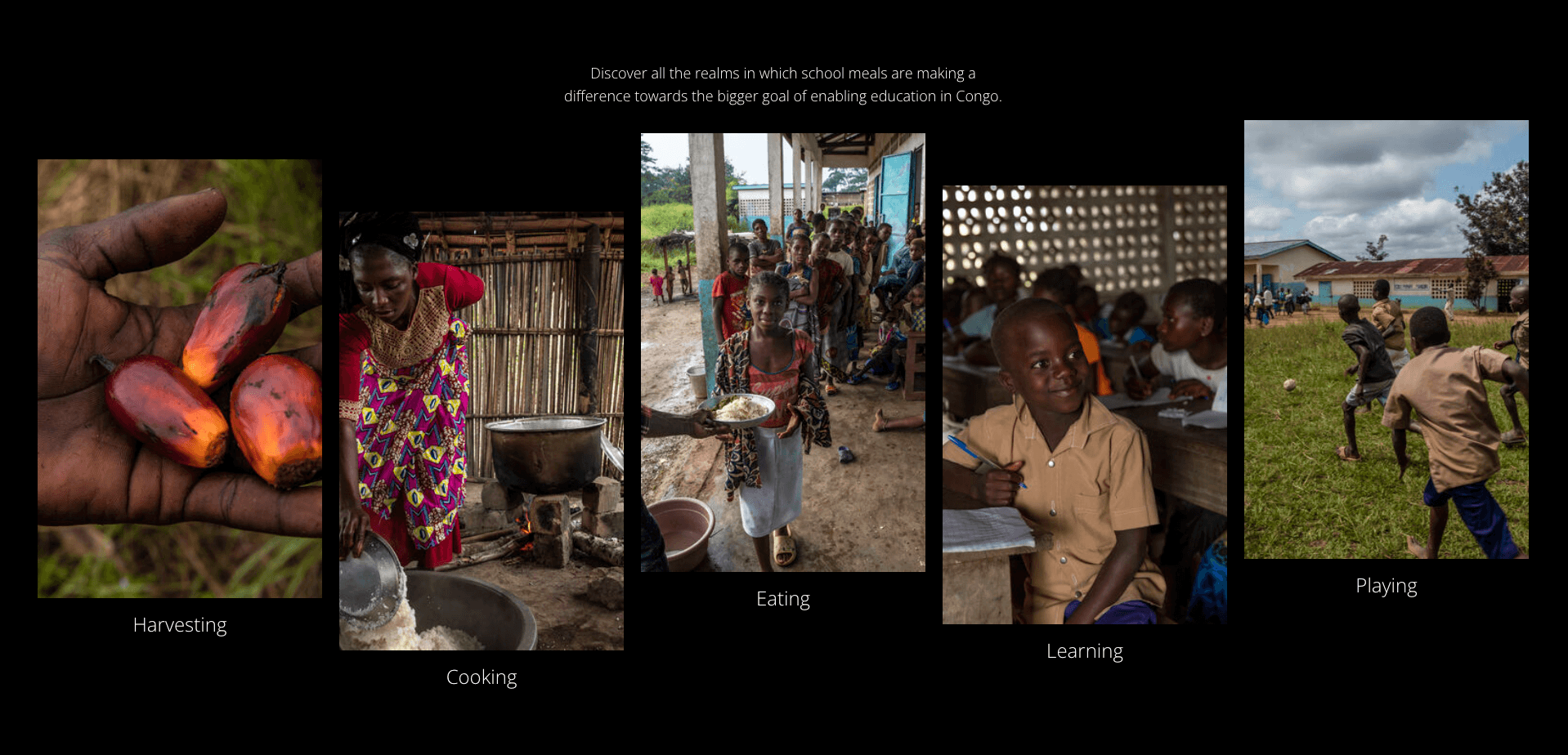
We opted for three distinct channels of communication. The first one was a dynamic website that explains the journey of the project through the different stages of food preparation: harvesting, cooking, eating, learning, and playing.

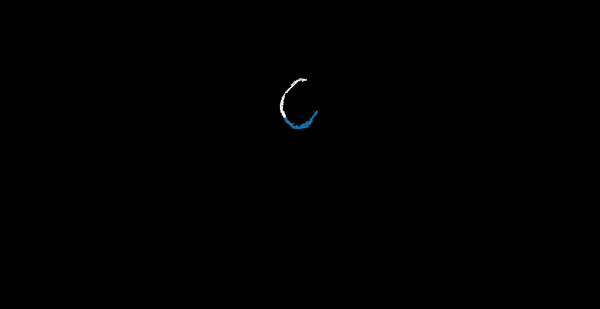
The second was a book containing testimonials, data, and visual stories of students, parents, teachers, cooks, and other community members. We created a dialogue among different voices and exposed the main challenges they still face, such as climate change or cultural discrimination.
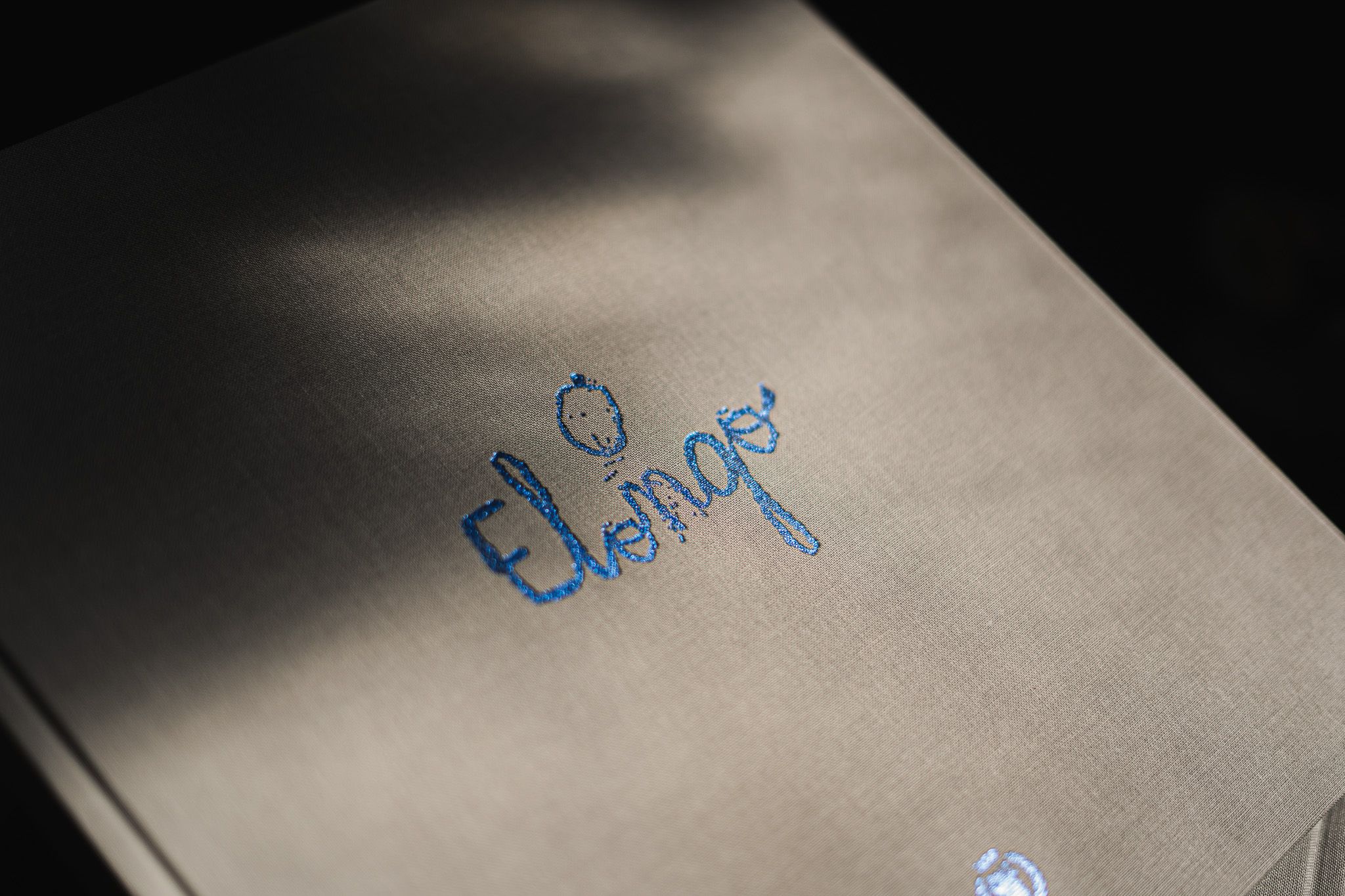
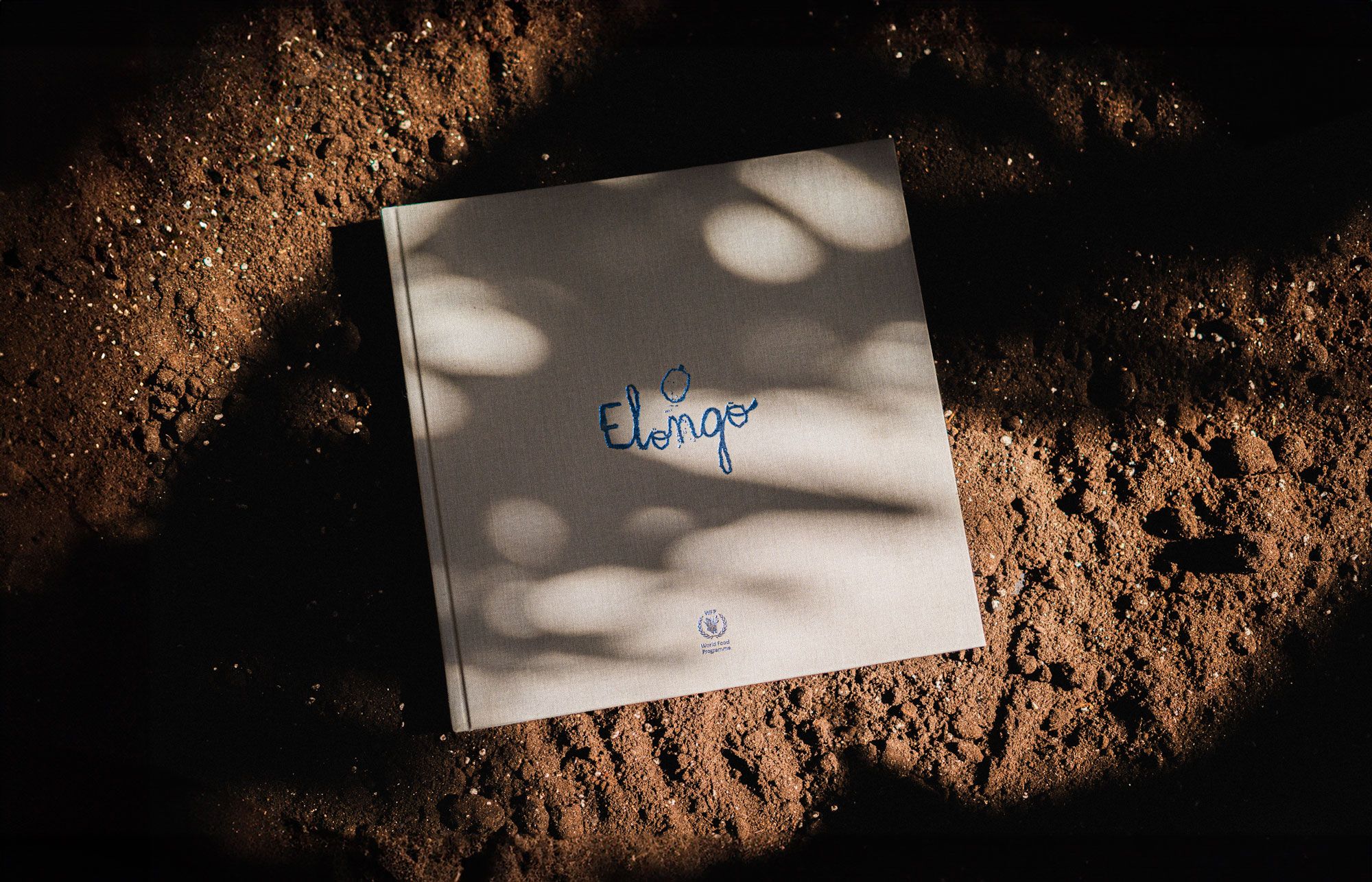
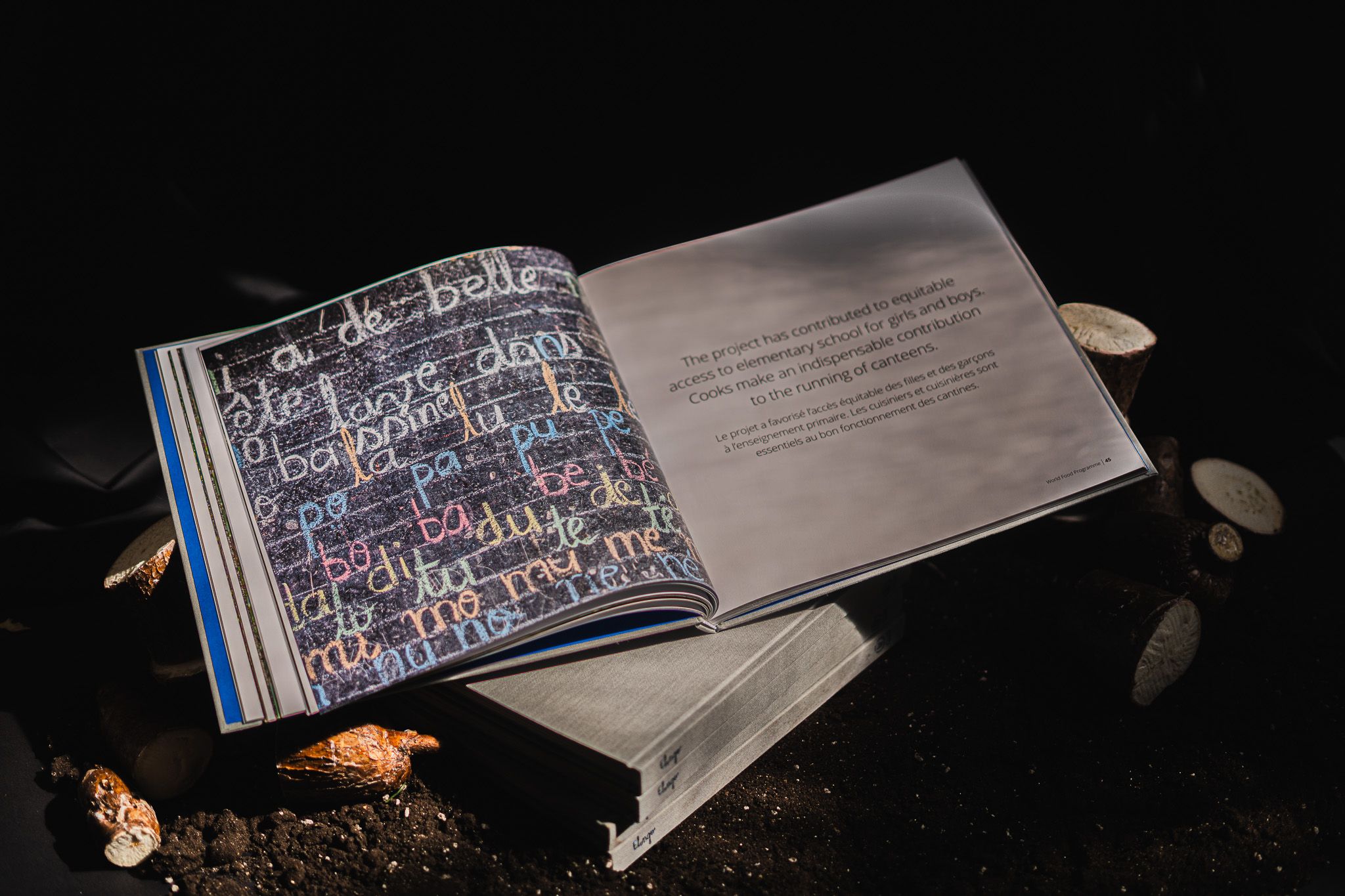
Simultaneously, we built a modular exhibition to explain the initiative, which travelled from Barcelona to the Republic of Congo.
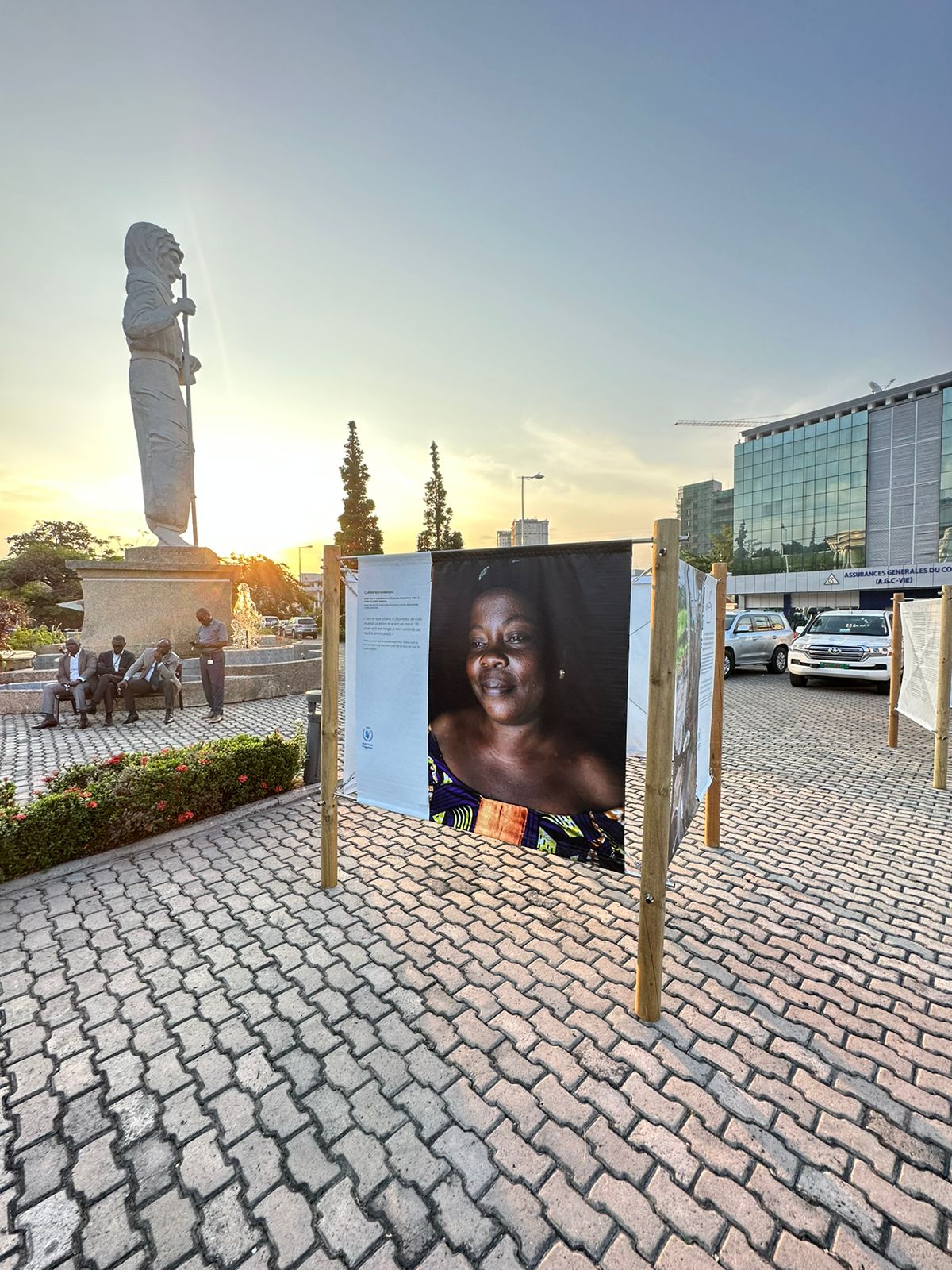
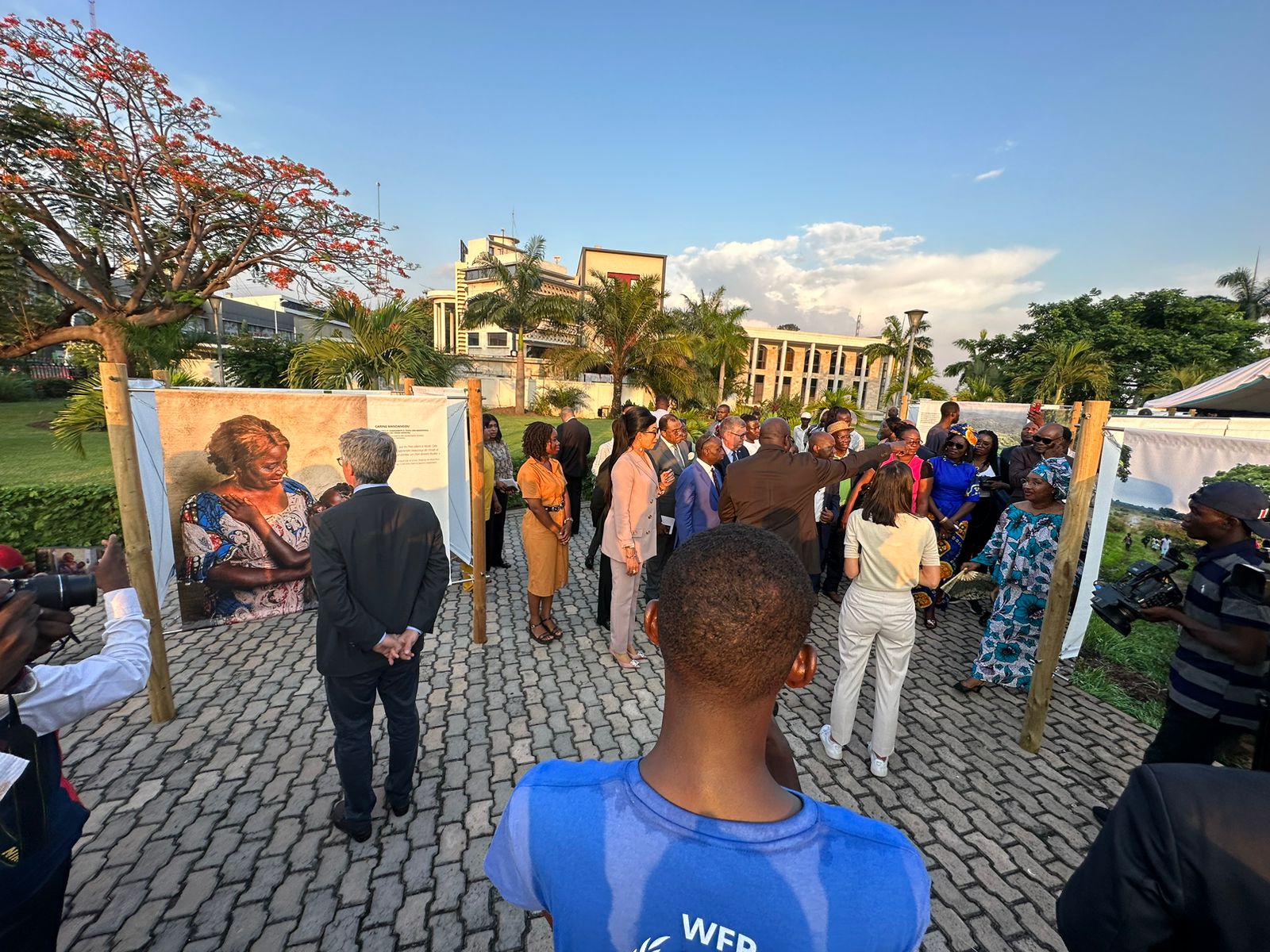
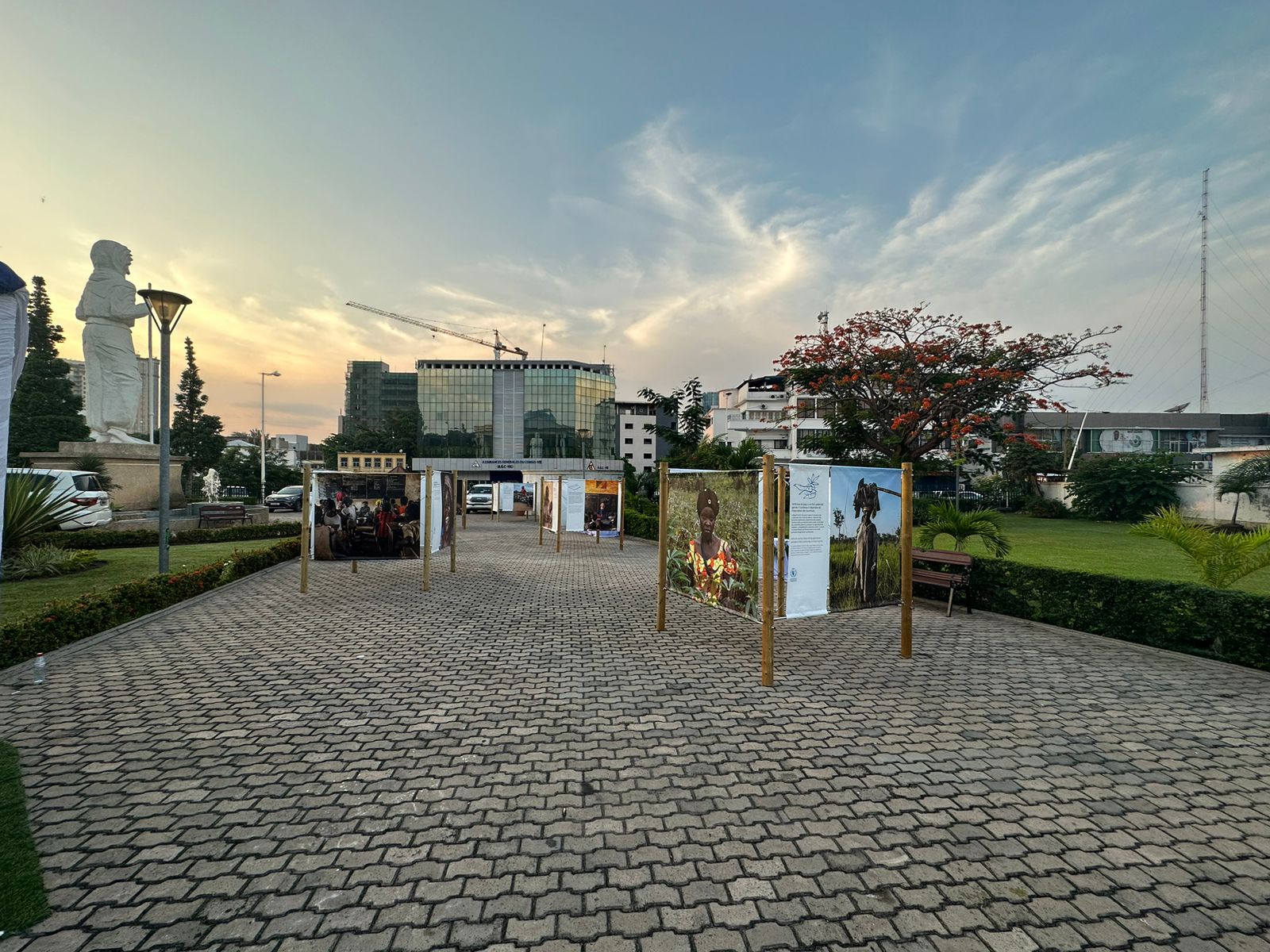
We tried to avoid static and conventional formats, and convey the main narrative from a situated perspective considering location, people’s perspectives, and the global context.
We focussed on maintaining a connection to the contemporary: A data-based narrative to connect the issues discussed in the exhibition to a global and constantly-evolving situation.
